On Sept. 14, the search engine giant Google unexpectedly pulled the plug on over +70,000 drug and alcohol rehab related keywords from its AdWords (PayPerClick) network to crack down on unethical paid search marketers. Posing as treatment providers or non-profit helplines, these marketers were really just call-centers operating by pushy salesmen who are trained to exploit and lure addicts into treatment.
While these call centers or lead generation web-directories are nothing new to this $35 billion addiction treatment market, the move by Google does send a stern warning.
But, can this move really clean up the unethical practices or get rid of those pesky unethical marketers this industry breeds?
Some have noted only a small fraction of the rehab industry, knowingly or unknowingly, engages in unethical behaviors so why take the ‘drain the swamp’ approach and damage the entire ecosystem?
I mean, the same resources Google assigned to court the rehab centers, the special AdWords units or account reps who are more than happy to suggest where and how much more money to spend, can be used to identify and eliminate these unethical pesky marketers, right?
Or is this process more complicated and expensive for Google not to provide a hands-on solution for this $35 billion addiction treatment market?
It’s been 20+ days since Google’s ad ban announcement and Google has yet to offer a detailed timeline on how they plan to cut off the shady operators.
My guess, there’s always an ulterior motive when it comes to Google and here are a few things you can expect moving forward.
Pay-to-play for Addiction Rehab Marketers & Treatment
Let us look at the recent history of Google paid search and industries that have been through similar unethical marketing scenarios or been affected by similar Google policy changes.
Home Service Industry

In Fall of 2015, Google announced that the Home Service Industry would have to go through a verification process to continue advertising on Google’s paid search network. This policy change came after multiple reports of fraudulent locksmiths and plumbers found using Google paid search ads to mislead searchers who are looking for home services in their surrounding areas.
How can locksmiths and plumbers be sharing misleading information you may ask?
Think of it as bad actors claiming to be a locksmith or plumber. They set up a doorway page or portal website to run Google paid search ad campaigns, apply for Google Local Listings, exploit local addresses on Google Maps and BAM! – resell these leads to real home service businesses for a large sum of profits.
This policy change by Google was aimed to cut down on the number of unethical marketers and clean up the mess.
Let’s take a closer look at the actual changes and how it impacted the Search Engine Results Pages (SERPs) aka the organic eco-system for the Home Service Industry.
Here is today’s above-the-fold search engine result page for a Home Service related keyword.

(Credit: Google SERP Image)
Notice the three pay-per-lead type ads by ‘Google Home Service Ads’ shows up right at the top, above the pay-per-click advertisements.

(Credit: Google SERP Image)
As you can imagine how much fees these companies pay Google to take up space previously filled by PPC ads and Google organic results. This move by Google is a complete game changer for both PPC and SEO strategies for home service companies, ethical or unethical, who are dependent on the Google eco-system.
Let’s take a closer look:
Google Home Service

Since launching in 2015, Google Home Service has added a plethora of professions such as painters, electricians, and general contractors to their service category list, and are looking for additional services to add using their ‘Other’ category.
According to Google, Home Service Ads is only available in select US cities and verticals may vary by location.
All participants of Google Home Service Ads must undergo a series of screening procedures including:
- Background Checks
- Verification of Insurance & License
- Online Reputation Audits
- Interviews
Will a similar vetting process be applied to addiction treatment centers?
Google Healthcare Ads a possibility?
Now I’m not saying Google is going to add ‘Rehabs’ to the Home Service Category list but it would not be reaching far at all to expect Google to create something similar for the healthcare industry.
Need I mention there’s an entire Google division in Cambridge, MA, that focuses on medical markets including the addiction treatment industry, specializing in leveraging consumer behavior to develop consumers and professional engagements using Google products.
A pay-per-lead type arrangement for ‘Healthcare’ professions.
The notion of ‘Google Healthcare Ads’ is almost too good to pass up.
Would this be so hard to imagine:

Next, let’s look at another industry that Google said it would completely ban, but it didn’t.
Payday Loans
Google announced in May 2016 that it would ban all advertisements for payday loans and related products on its website because it often led to unaffordable repayment terms and are financially harmful to consumers.
David Graff, Director of Google Global Product wrote – “This change is designed to protect our users from deceptive or harmful financial products and will not affect companies offering loans such as Mortgages, Car Loans, Student Loans, Commercial loans, Revolving Lines of Credit.”
The keynote to this policy change is that instead of banning these ‘predatory payday loan ads’, Google merely updated its ad policies on loans with high-APR and short-term personal loans.
The policy states:
- Payday loans: “Personal loans which require repayment in full in 60 days or less from the date the loan is issued (we refer to these as ‘Short-term personal loans’). This policy applies to advertisers who offer loans directly, lead generators, and those who connect consumers with third-party lenders.”
- High-interest loans: “In the United States, we do not allow ads for personal loans where the Annual Percentage Rate (APR) is 36% or higher. Advertisers for personal loans in the United States must display their maximum APR, calculated consistently with the Truth in Lending Act (TILA).”
Does this simple policy change really stop or protect users from deceptive and harmful lenders?
Here’s the closing point:
Google clearly wants to connect people to interesting and useful businesses in the best way possible. Updating its new policy may address many of the longstanding concerns but it clearly is not enough to get rid of these unethical marketers.
From misleading plumbing ads to predatory loans, Google is the swamp that breeds pesky unethical marketers. A simple policy change or a temporary lockout is not enough, especially when it involves people’s livelihood and well-being.
But to its credit, Google continues to review and update its technology and policies to combat these deceptive and unethical marketers.
What is your take on how Google will try to resolve this issue for the rehab industry?









